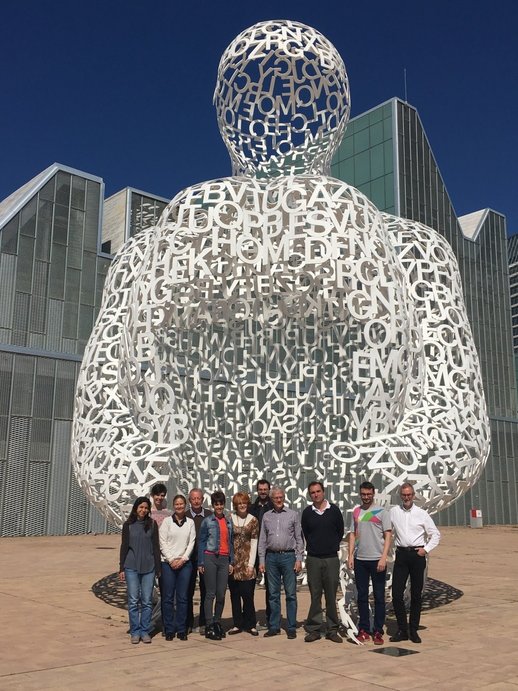
We’re only four months into the project, and the first results are already in. We all came together in Zaragoza to discuss what respondents had answered to the general questionnaire. These are the main insights we took home:
- Respondents are generally highly educated.
- People recognize climate change as an important issue, but also as one that doesn’t concern them in their daily life.
- They point to internet and TV for information-gathering, but have difficulties with information-overload and conflicting views. This reflects in their knowledge level and leads to difficulties separating climate change from other environmental issues.
- Respondents look to scientists as a reliable source of information, but they don’t expect them to come up with solutions. They say industry and transnational governing bodies (UN, EU) should take care of that.
- Respondents are aware that individual efforts are required.
- Most respondents already undertake ten actions most of the time. Still, most are aware that they could and should do more. The most common reasons are: social pressure, lack of tools and knowledge, difficulty changing habits, and a sense that the government should create a framework to make climate positive action easier.
- People want to know more about climate change. They are mostly looking for correct information and concrete tips rather than statistics and/or background information.
- Respondents are willing to record their own behavior to understand better what they can do.
- Respondents prefer interactive forms of learning with an instructor.
- An educational website should preferably contain resources, tutorials, and a tutor. Other important factors are correctness, user-friendliness, simplicity, and visual attractiveness. Statistics should be kept to a minimum. Tangible and local examples can help to make the issue of climate change more real.
- Overall, it will be crucial for the project’s success to spread a general feeling of positivity.
E-modules in progress
Cardet went into detail on the development process of the E-modules, while Skane showed in a workshop how storyboards for the modules can be thought up. Overall, three types of modules will be created:
- Learning modules:
- Introduction to climate change (by Exploradöme, France)
- Ecological footprint (by Technopolis, Belgium)
- Action modules:
- Transportation (by Sarga, Spain)
- Houses (by WIN, Austria)
- Household energy (by Skane, Sweden)
- Food and waste (by INTEGRA Slovenia)
- Shopping (by CARDET, Cyprus)
- General promotion module:
- Promoting Climate Literacy (DMSZS, Hungary)
We also set a deadline for go-live: 31 Juli 2017. The mobile app will be ready by 15 May 2017.
